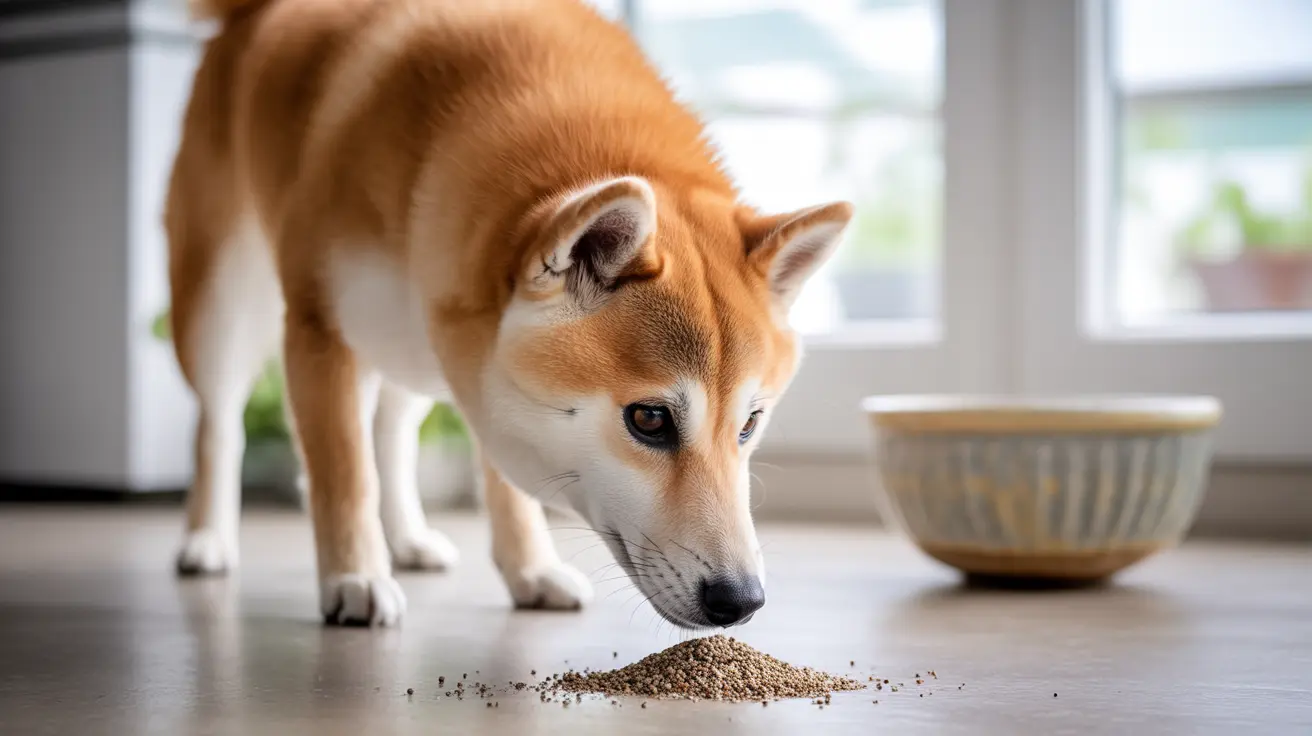Understanding Black Pepper and Dogs
Many pet owners wonder about the safety of common household spices for their furry friends. Black pepper, a staple in human cuisine, requires special consideration when it comes to our canine companions. While not strictly toxic, black pepper can pose various risks to dogs, making it important for pet owners to understand its effects and potential dangers.
Dogs have significantly more sensitive digestive systems and stronger senses than humans, making them particularly vulnerable to the effects of spices like black pepper. What might seem like a modest amount to us could cause considerable discomfort for our four-legged friends.
The Effects of Black Pepper on Dogs
Digestive System Impact
When dogs consume black pepper, their digestive system can react in several ways. The spice may irritate their stomach lining and intestinal tract, potentially leading to:
- Nausea and vomiting
- Diarrhea
- Excessive gas
- Abdominal discomfort
- Loss of appetite
Respiratory Concerns
Dogs investigate their food primarily through smell, making them susceptible to respiratory irritation from black pepper. Even small amounts can trigger:
- Intense sneezing fits
- Coughing
- Nasal irritation
- Difficulty breathing
- Excessive mucus production
Safe Amounts and Risk Factors
While traces of black pepper in properly prepared dog supplements or occasional exposure to tiny amounts in human food typically won't harm your dog, intentionally adding it to their diet is unnecessary and potentially harmful. Small dogs are particularly vulnerable to adverse effects due to their size.
The safe threshold varies based on:
- Dog's size and weight
- Overall health condition
- Individual sensitivity
- Form of black pepper (ground vs. whole peppercorns)
Black Pepper in Dog Supplements
Some dog supplements contain black pepper extract (piperine) to enhance the absorption of other beneficial compounds, particularly turmeric. These formulations are specifically designed for canine consumption and contain carefully measured amounts that are generally safe when used as directed.
Prevention and Safety Measures
To protect your dog from accidental black pepper exposure:
- Store spices securely out of reach
- Clean up any spilled pepper immediately
- Prepare your dog's portions before adding seasonings to human food
- Keep whole peppercorns in sealed containers
- Monitor your dog during food preparation
Frequently Asked Questions
Is black pepper bad for dogs if they eat a small amount?
Small amounts of black pepper are generally not dangerous for dogs, but they can cause temporary discomfort. It's best to avoid intentionally feeding your dog black pepper as it offers no nutritional benefits.
What are the symptoms of black pepper poisoning in dogs?
Symptoms include vomiting, diarrhea, excessive sneezing, coughing, stomach upset, and potential respiratory distress. In severe cases, dogs may experience significant gastrointestinal irritation and breathing difficulties.
How much black pepper is safe for dogs to eat?
There is no "safe" amount of black pepper for dogs as they don't need it in their diet. While tiny traces in human food are unlikely to cause harm, intentionally adding black pepper to dog food should be avoided.
Can dogs have black pepper in supplements like turmeric blends?
Yes, dogs can safely consume properly formulated supplements containing black pepper extract. These products contain specific amounts designed to enhance the absorption of beneficial compounds without causing adverse effects.
What should I do if my dog accidentally eats a lot of black pepper?
If your dog consumes a significant amount of black pepper, contact your veterinarian immediately. Provide fresh water and monitor for symptoms like excessive drooling, vomiting, or respiratory distress. Seek immediate veterinary care if severe symptoms develop.
Conclusion
While black pepper isn't strictly toxic to dogs, it's best to err on the side of caution and keep it away from your pets. Focus on providing a balanced, dog-appropriate diet without unnecessary seasonings. If you're concerned about black pepper exposure, consult with your veterinarian for personalized advice based on your dog's specific needs and circumstances.






